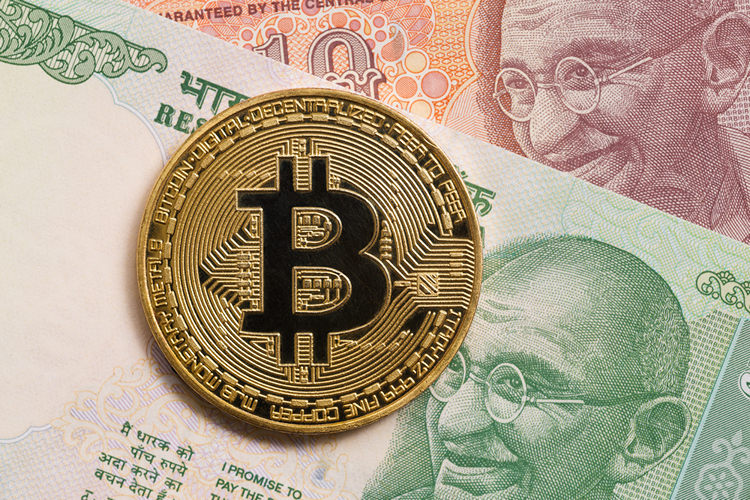
In what can only be seen as an unexpected move, the Supreme Court has lifted the ban on cryptocurrency trading in India today. The court has struck down the restraints that the Reserve Bank of India (RBI) had imposed close to two years ago. This is a momentous decision, one that surely makes it a joyous occasion for crypto traders in the country.
The court hearing was chaired by a 3-judge bench comprising – Justices R F Nariman, Aniruddha Bose, and V Ramasubramanian. The bench agreed with petitions by crypto exchanges, startups, and industry bodies against the RBI’s circular that banned trading in cryptocurrency in India. They called the directive disproportionate and illegal.
If you are unaware, the RBI instructed financial institutions (banks) to cease offering their services for crypto transactions to individuals and businesses back in mid-2018. The order came into effect after three months and accounts of crypto exchanges were shuttered.
The RBI was challenged in the top court by the IAMAI (Internet and Mobile Association of India) and a few other stakeholders. They argued that the central bank lacked jurisdiction to issue the ban of crypto trading and also, it did no research to back the directive. They further argued the central bank imposed the aforementioned law because they found the virtual currency impossible to regulate.
The central bank, on the other hand, stood by its 2018 directive saying that crypto (be it any currency) is a mode of digital payment in opposition to IAMAI suggesting that it was not ‘currency’ in a strict sense. RBI added that it has continuously educated users in the risks involved with cryptocurrency.
In short, the top court’s order now means that the ban on trading in virtual currency, cryptocurrency, and bitcoins in India has officially been lifted. The ruling will give crypto businesses and investors a much-needed boost, while they also look forward to a more supportive regulation for virtual currencies in India.
While the RBI stands by its directive, the National Payments Corporation of India (NPCI) has been experimenting with a blockchain-based payments platform called Vajra. It was unveiled last year and is a distributed ledger system designed to automate the process of clearing and settling payment










